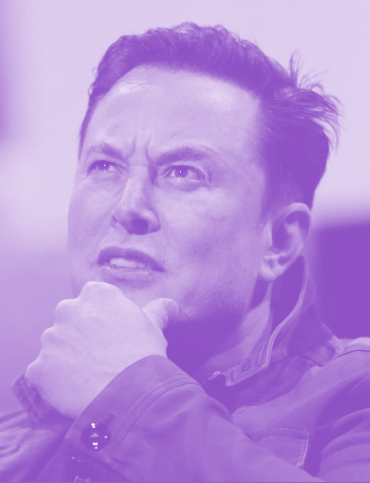Musk attacks safety efforts

Elon Musk has come under fire from Australian authorities over his refusal to remove content from his social media platform, X, formerly known as Twitter.
The content includes videos of a violent incident at Wakeley church in Sydney, which the Australian eSafety Commissioner has ordered to be taken down.
The battle escalated when Musk, voicing his concerns on X, criticised the breadth of the eSafety Commissioner's demands.
“Our concern is that if ANY country is allowed to censor content for ALL countries, which is what the Australian ‘eSafety Commissar’ is demanding, then what is to stop any country from controlling the entire Internet?” he asked.
Musk's remarks reflect a broader tension between national laws and global digital platforms regarding jurisdiction and freedom of speech, which is not explicitly protected under the Australian Constitution.
The Federal Court of Australia has since intervened, issuing an interim order that the videos be hidden from global viewership until a further hearing, now scheduled for May 10.
Despite this, X's legal team has indicated compliance with Australian law by geo-blocking the contentious content in Australia, while also challenging the extent of the takedown notice in court.
The reaction from Australian officials has been sharp.
Prime Minister Anthony Albanese has criticised Musk for choosing “ego, and showing violence, over common sense”, describing him as “an arrogant billionaire who thinks he is above the law”.
It is the latest battle in an ongoing debate about the responsibilities of social media outlets in moderating content while respecting national regulatory frameworks.
On the legal front, Elon Musk has reportedly approached Bret Walker SC, a prominent Sydney lawyer known for handling high-profile cases, to represent X.
This move signifies the seriousness with which Musk is contesting the commissioner's demands, aiming to protect what he perceives as a fundamental issue of free speech and internet governance.
Meanwhile, Australian police have made several arrests connected to the incident. The police action indicates the sensitive nature of the issue, including authorities’ fear that the content could incite further violence.
The situation poses a complex challenge for policymakers and tech companies, balancing the need to prevent harm and uphold security while protecting free expression and avoiding censorship overreach.
The outcome of this case could set a precedent for how similar disputes are handled globally, impacting how content is regulated on the internet and the roles and responsibilities of social media platforms in different jurisdictions.
Bond University’s Professor Dan Jerker B. Svantesson has criticised X for choosing “to fight for the ‘right’ to display violent extremism in action”, though he warns about the threat of global content takedowns too.
“The fact Musk views this as a suitable battleground for free speech shows that we have a long way to go in finding solutions to the regulation of the internet,” he wrote in an article for The Conversation.








 Print
Print